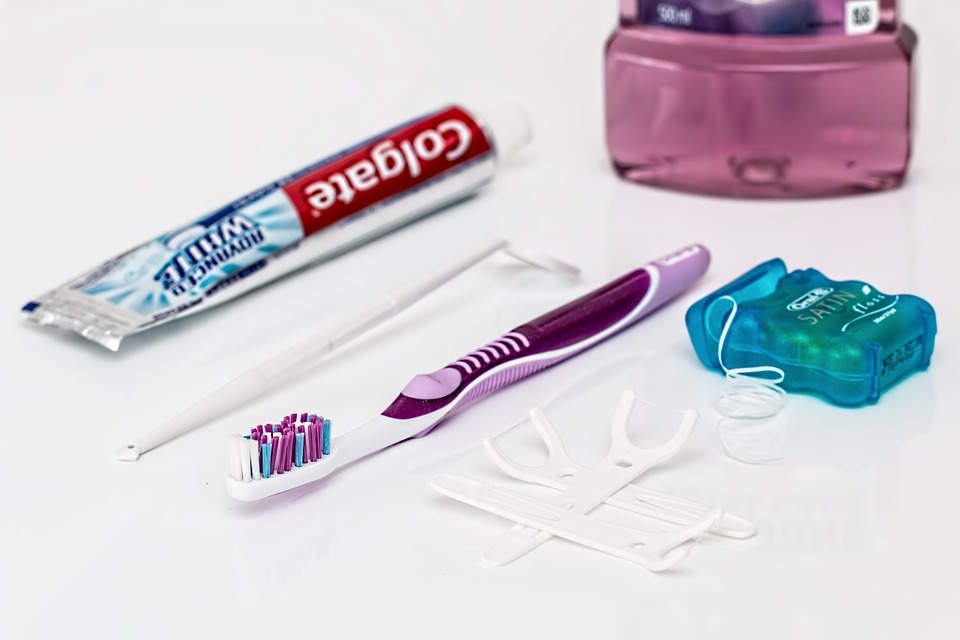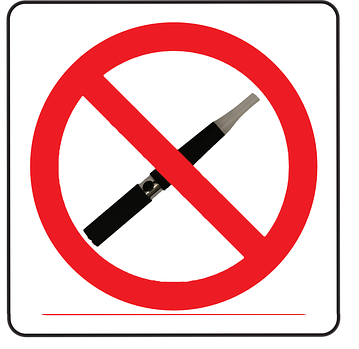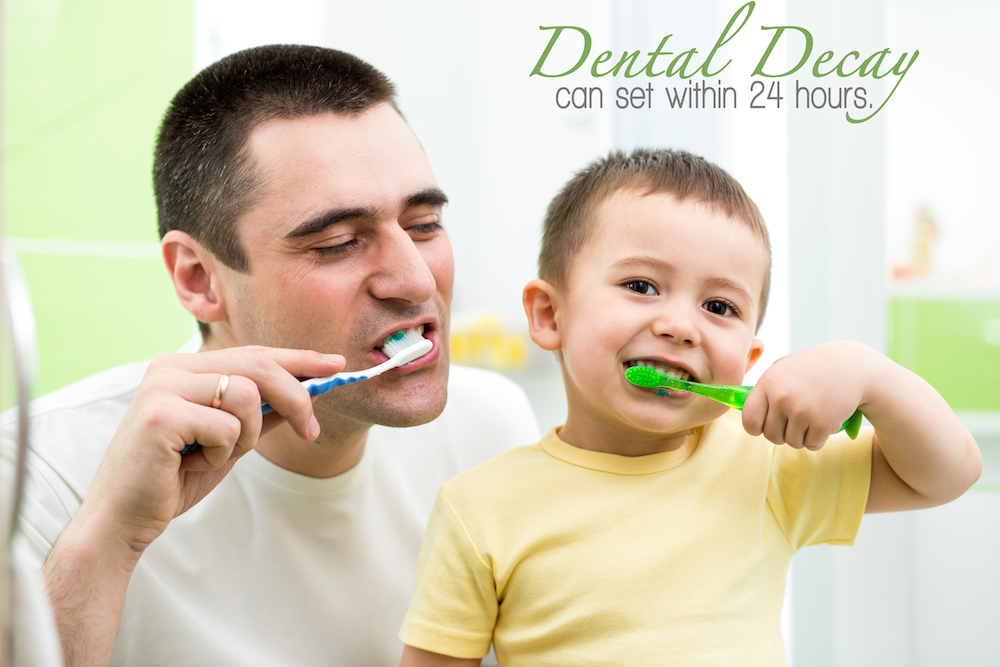Botox, also known as Botulinum toxin, is commonly known as a cosmetic treatment for wrinkles and fine lines on the face. However, in recent years, it has also found its way into the field of dentistry. Botox is a safe and effective treatment for a range of dental issues, including temporomandibular joint (TMJ) disorders, bruxism, and other facial pain conditions.
The use of Botox in dentistry has become increasingly popular due to its ability to relax muscles and reduce pain. Botox injections are quick and simple, and their effects can last for several months. Many patients have reported significant improvement in their symptoms after receiving Botox treatment.
One of the most common uses of Botox in dentistry is for the treatment of TMJ disorders. TMJ disorders can be caused by a variety of factors, including stress, teeth grinding, and trauma to the jaw. Botox injections can help to relax the muscles that are causing pain and discomfort, reducing the severity of symptoms and improving the patient’s quality of life.
Another common use of Botox in dentistry is for bruxism, also known as teeth grinding. Bruxism can cause a range of dental issues, including worn teeth, jaw pain, and headaches. Botox injections can help to relax the muscles that are responsible for teeth grinding, reducing the frequency and severity of the condition.
Botox can also be used to treat other facial pain conditions, such as trigeminal neuralgia and chronic migraines. In these cases, Botox injections are used to block the release of certain chemicals that cause pain and inflammation.
Overall, Botox is a safe and effective treatment option for a range of dental issues. However, it is important to work with a qualified and experienced dentist who has undergone specialized training in the use of Botox in dentistry. Dentists who use Botox in their practice should have a thorough understanding of facial anatomy and be able to identify the appropriate injection sites to achieve the desired results.
In addition, patients should be aware that Botox is a temporary solution and will need to be repeated every few months to maintain its effects. Patients should also be aware of the potential side effects of Botox, which can include bruising, swelling, and muscle weakness.
In conclusion, Botox is a safe and effective treatment option for a range of dental issues, including TMJ disorders, bruxism, and other facial pain conditions. It is important to work with a qualified and experienced dentist who has undergone specialized training in the use of Botox in dentistry to ensure the best possible results. With proper care and attention, patients can enjoy improved dental health and a better quality of life thanks to Botox. For more information, please contact our dental office.















